The rapid developments have occurred in computer technology, telecommunication, printing reprography, etc. These developments have important implications for the provision of information by libraries/information centres/documentation centres to their users. Great advances have been made in the automation of indexing and abstracting services. An important development is the provision of computerised selective dissemination of information service. The computers have led to increase in the scope and variety of references services, which can be provided to the users. However, libraries in developing countries have not taken advantage of application of computer except in few cases. Application of technology has made a tremendous impact but the actual search process and the end result remain the same as in the traditional approach. The field of knowledge is dynamic and a reference librarian is being called upon to perform newer roles. Within the last twenty years, the library/information science field seems to have been introduced to a variety of information roles namely, the technological gate-keeper, the intelligence officer, the information communicator, the information broker etc. These roles are not totally new but there is a different kind of emphasis. These have also been defined in clear terms. It will take some time before these concepts get recognised properly. In the changing environment, a reference librarian/information librarian is expected to acquire additional skills, which shall stand him in good stead in the technological environment.
Encyclopaedia of Modern Library and Information Science (In 5 Volumes)
The field of Library Science ...
$163.80
$182.00

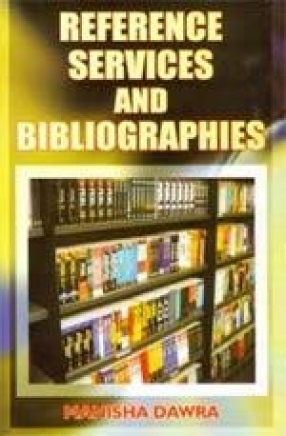
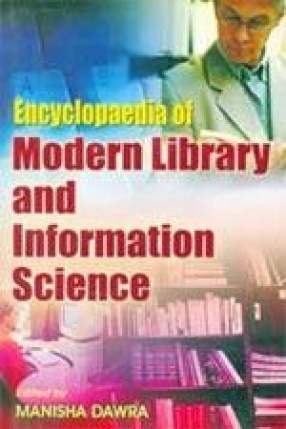
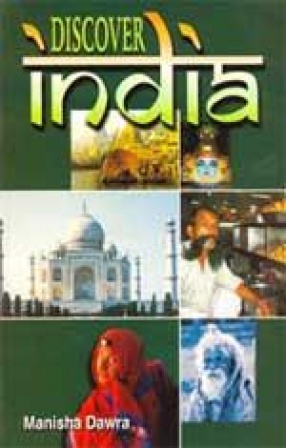
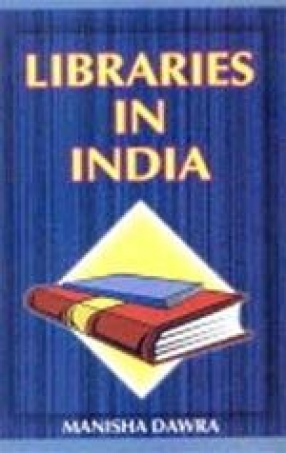


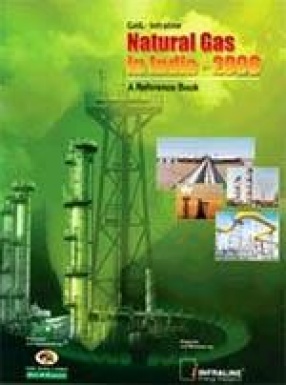
There are no reviews yet.